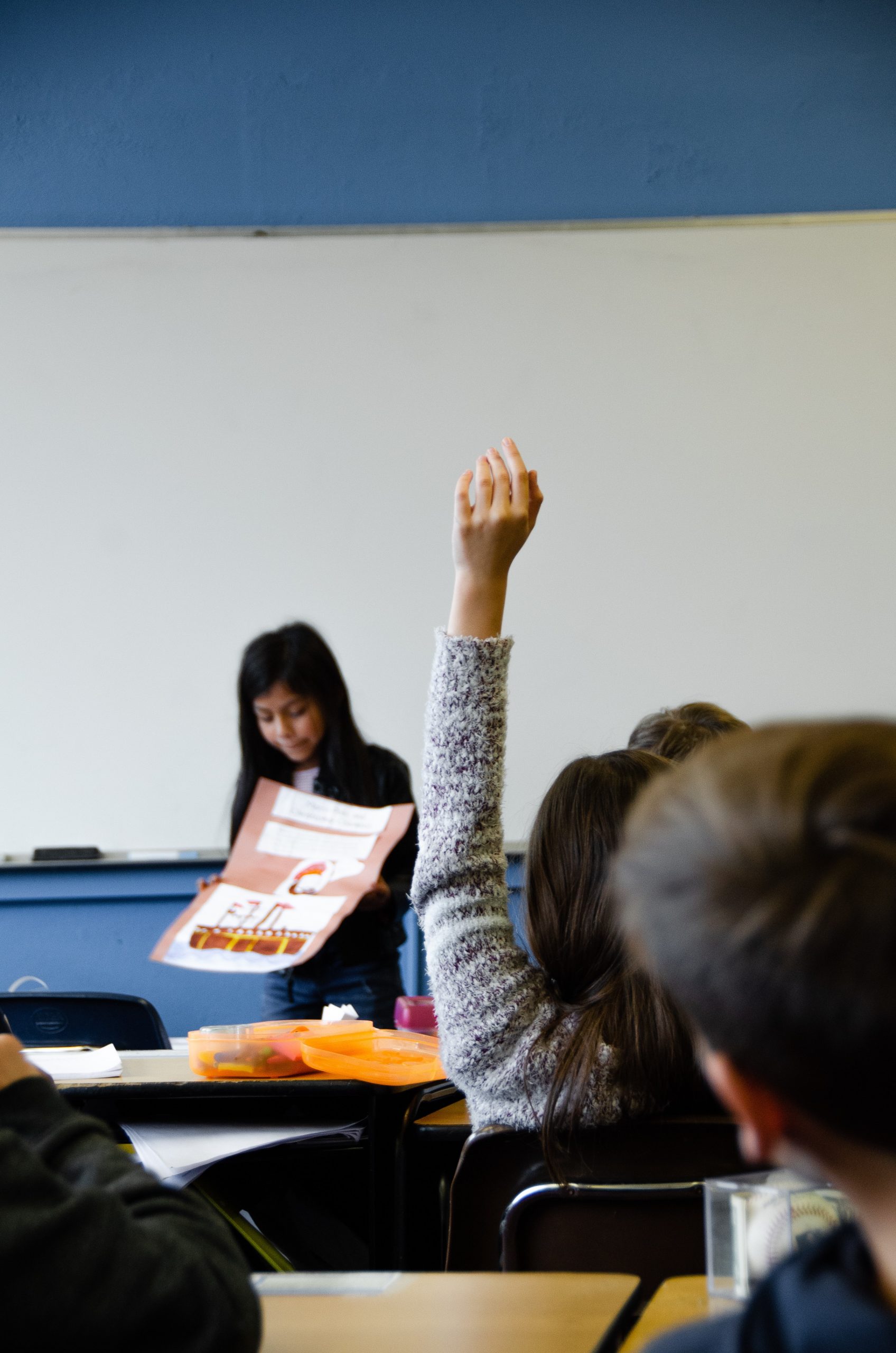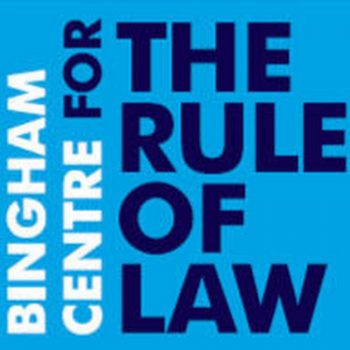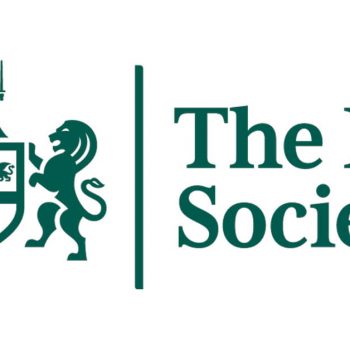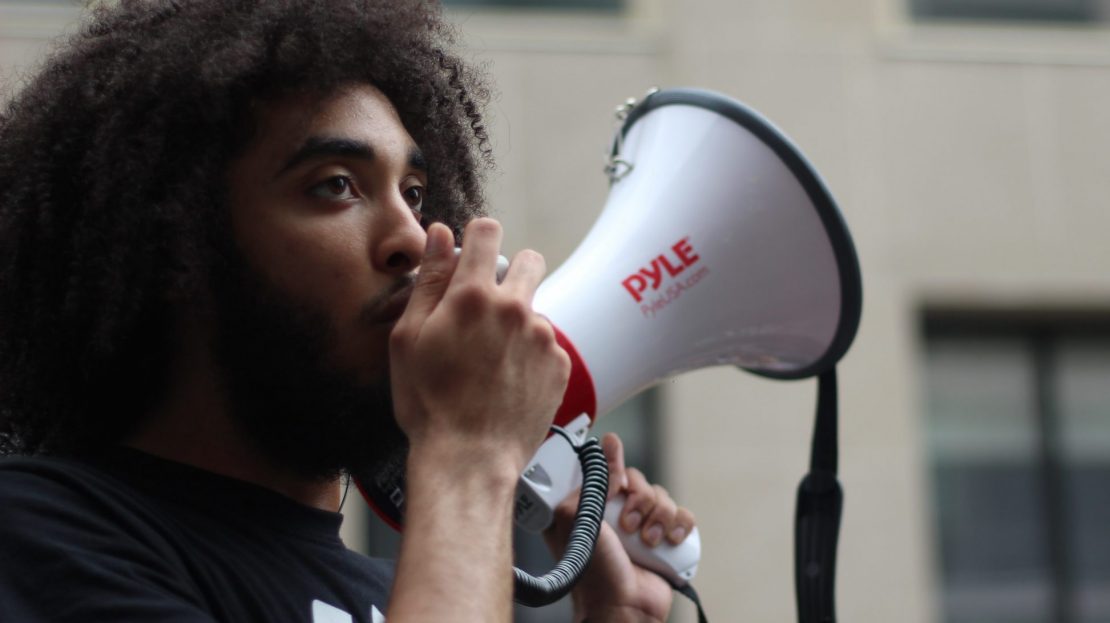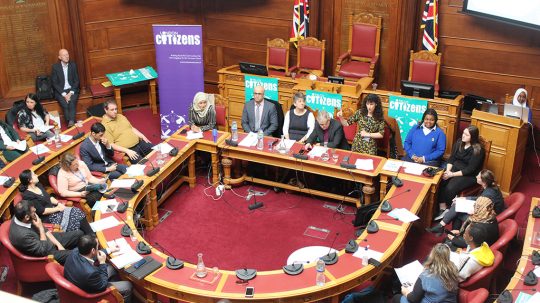We engage with the law every day. The moment we leave our house (and even when we don’t) we are bound by rules we typically won’t even notice. But just because we might not notice them does not mean they are not important.
The reality for so many, is that they learn the importance of the law far too late, namely – when they’ve already fallen foul of it, or when they fail to receive or benefit from something that they were legally entitled to.
A 2018 report of the UK House of Lords said that young people learning about their rights is “in a parlous state.” Many believe that public legal education in schools is lacking, and leaves many young people unaware of the extent of their rights. If more young people can be equipped with the knowledge and skills they need to be active citizens, they can feel more empowered to do so. The Bingham Centre For The Rule of Law, recently commissioned EachOther to create a series of films where young people can find out more about the rule of law.
A call for mandatory public legal education
Not knowing the law might not always be the end of the world – perhaps it just means you lose £10 because you don’t challenge the guy at customer services who says you’re not entitled to a refund. But those small instances add up.
They build a world where we’re not really in control. A world where we’re not sure of our rights or our protections. A world where we are at the whim of others knowing and respecting our rights, as we don’t know them ourselves. So, yes, sometimes you will only lose £10 as a result of a customer service desk error, but on other occasions, depending on the matter – you could lose your job, your house, or even your freedom. A lack of knowledge of the law can truly be catastrophic. I have seen this countless times with my own eyes as a barrister.
That is why I’m calling for mandatory public legal education in schools, something countless brilliant organisations have long campaigned for and should be supported by all.
In England and Wales, young people receive compulsory education or training until they are 18 years – old. Few things are as important as being taught about the laws that govern every aspect of your life. Unfortunately, students often leave education knowing little about their rights.
Critics might say: “But I’ve turned out fine without knowledge of the law!”. However, if you were in any of the following situations, would you be confident in knowing your rights?
- Your landlord out of the blue changed the locks and you could no longer access your home.
- Your younger brother unexpectedly calls you from a police station and, in a state of panic, asks if you can tell him his rights whilst he’s there.
- An individual purporting to be a bailiff knocks on your door stating that you owe money and that he can lawfully take away your belongings.
What learning about your rights would really mean…
Depending on how you respond, each one of these situations has the potential to change the direction of your life and/or that of a loved one. Each scenario also has the potential to take place at any time. The fact that so many would-be clueless as to how to deal with these situations or speedily source the relevant information, only emphasises the dire situation we are in.
Being taught about the law should involve young people learning about matters that can and do crop up in everyday life. We need to dispel the concept that learning about your rights means reading from dusty textbooks written in the 1800’s. I too, would start texting under the table if this were the case.
Learning about your rights in schools could mean learning about when you are entitled to a refund in a shop, or your legal rights when interacting with the police. Basic education on the law would show young people that the law is something that can work for them as opposed to something solely working against them.
A society in which people know their legal rights or at least where to find them at speed is a society where the individuals or institutions holding the balance of power – whether that be the bailiff, police officer, landlord or government body is more likely to treat people with more respect. A landlord is less likely to cut corners on property safety if they know that their tenant will be able to identify it as breaking the law. Dodgy store managers who fancy trying their luck at not providing customers something to which they are legally entitled, will quickly change their stance with the mention of the Consumer Rights Act.
Inescapable truths
Finally, the inescapable truth about why we as citizens (both young and old) must have a basic knowledge of the law and our legal rights is because we live at a time where the very individuals and institutions, we should trust most aren’t following the law themselves.
At few other points in history has it been more important that we as the public can hold the institutions that govern us to account. Having a basic knowledge of the law also allows you to spot seemingly small and innocuous changes that politicians may propose, but which can have huge consequences on society’s most vulnerable.
People being informed of their rights and the law more generally helps create a society where individuals are better poised to ensure that the law is evolving in a manner where decency and humanity are at its core. I’m sure politicians are aware of this fact too. It, therefore, is not a shock that public legal education is not featured in the curriculum. Why? Because it is a clear political choice not to.
The views expressed in this article are those of the author and do not necessarily reflect the views of EachOther.

